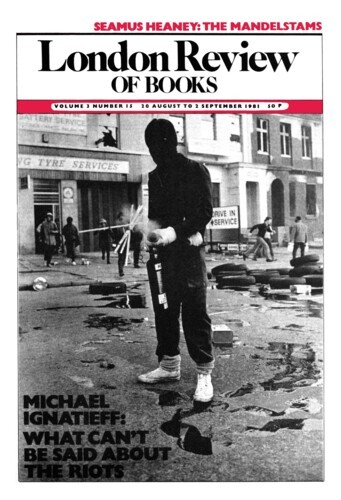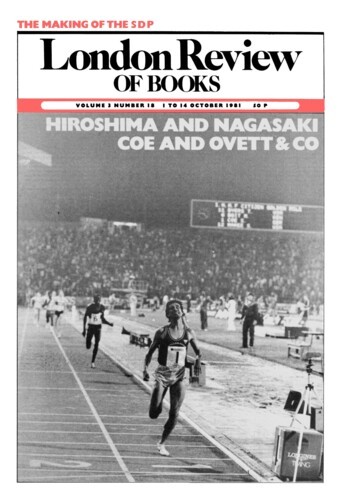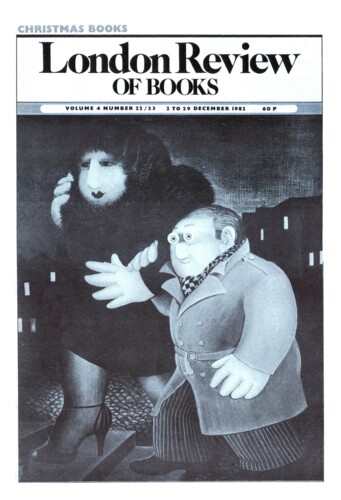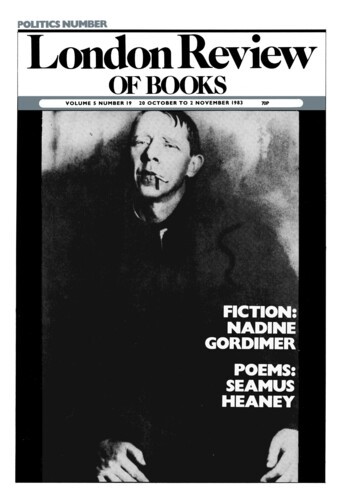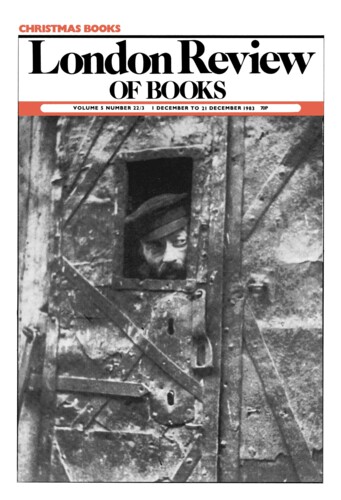Manners maketh books
E.S. Turner, 20 August 1981
If the Knight of Glin, the MacKinnon of MacKinnon and the McGillicuddy of the Reeks did not exist, there might be less need of books of etiquette. These veterans of Debrett’s Correct Form (where they rubbed shoulders with Midshipman the Duke of Loamshire, a difficult guest to place at table, especially with admirals present) are back trailing their dignities in Debrett’s Etiquette and Modern Manners. However, the degree of overlap between the two works, both prefaced by Sir lain Moncreiffe of That Ilk, Chairman of Debrett, is not excessive. Correct Form was about how to address people; the new book concentrates on how not to offend them.
